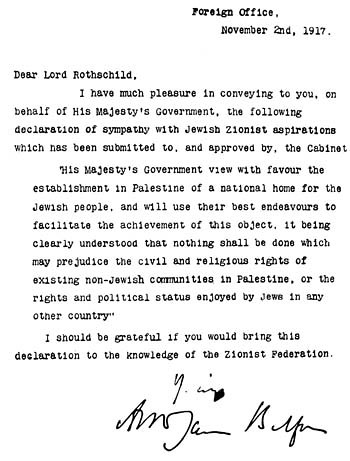From The Peopling of New York City
Jews began taking a special interest in international affairs in the early twentieth century, especially regarding pogroms in Imperial Russia, and restrictions on immigration in the 1920s. This period is also marked the development of political Zionism and the Balfour Declaration. Large-scale boycotts of German merchandise were organized during the 1930s, which was going on at the same as the rise of fascism in Europe. Franklin D. Roosevelt's leftist domestic policies received strong Jewish support in the 1930s and 1940s, as did his foreign policies and the subsequent founding of the United Nations.
After the Japanese attack on Pearl Harbor on December 7, 1941, and the American entry into World War II, hundreds of thousands of Jews joined national service. More than 550,000 served in the U.S. military during World War II; about 11,000 were killed and more than 40,000 were wounded. There were three recipients of the Medal of Honor, 157 recipients of the Army Distinguished Service Medal, Navy Distinguished Service Medal, Distinguished Service Cross, or Navy Cross, and about 1600 recipients of the Silver Star. During this period, Jews were approximately 3.3 percent of the total U.S. population but constituted about 4.23 percent of the U.S. armed forces. About 60 percent of all Jewish physicians in the United States under 45 years of age were in service as military physicians and medics. [1]
Many Jewish physicists were involved in the Manhattan Project, the secret World War II effort to develop the atomic bomb. Many of these were refugees from Nazi Germany or from anti-Semitic persecution elsewhere in Europe. Jewish scientists involved in the Manhattan Project include Robert Oppenheimer and Albert Einstein.
The Holocaust had a profound impact on the community in the United States, especially after 1945, as Jews tried to comprehend what had happened, and to commemorate and grapple with it when looking to the future. The founding of Israel in 1948 made the Middle East a center of attention; the immediate recognition of Israel by the American government was an indication of both its support and the influence of political Zionism. This attention initially was based on a natural and religious affinity toward and support for Israel and world Jewry. The attention is also because of the ensuing and unresolved conflicts regarding the founding Israel and Zionism itself. A lively internal debate commenced, following the Six-Day War. The American Jewish community was divided over whether or not they agreed with the Israeli response; the great majority came to accept the war as necessary. A tension existed especially for leftist Jews, between their liberal ideology and Zionist backing in the midst of this conflict. This deliberation about the Six-Day War showed the depth and complexity of Jewish responses to the varied events of the 1960s.
A 2004 poll indicated that a majority of Jewish Americans favor the creation of an independent Palestinian state and believe that Israel should remove some or all of its settlements from the West Bank. [2] Despite Israeli security being among the motivations for American intervention in Iraq, Jews were less supportive of the Iraq War than Americans as a whole. [3]
- Return to National and Global Events
- Return to Jewish
